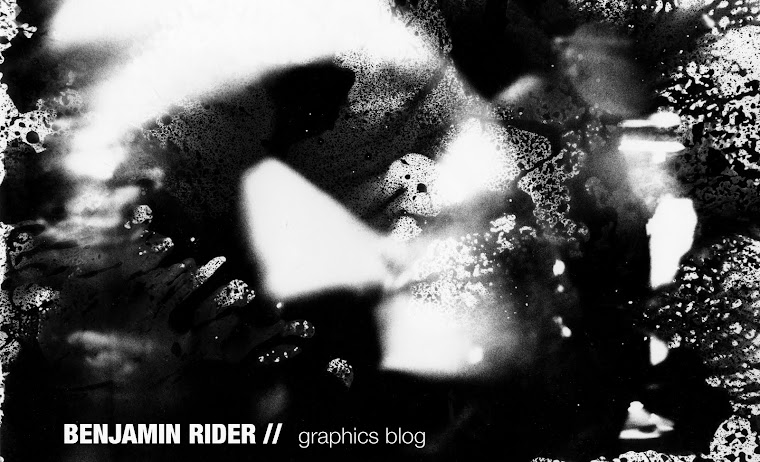I was bloody lucky enough to stay in this town, thats quite culturally famous for calligraphy wood cut and a particular type of paper making. [70% of this paper is exported to japan alone] as well as them paper fans which i couldnt really be arsed with
but anyway i was luckily enough to be given a mini workshop to see how they do it!yes!! i was actually quite excited even though i didnt speak a word of korean being able to get my hands dirty and do it myself and see these people doing it broke any kind of language barrier.
this here is one of my prints. i made two [i would of made thousands but i didnt want to take the piss out of their good nature]
the tiger is very significant to korea, the best way i can describe it as almost like the countries logo. almost how you could sort of say a bulldog would represent britain, or as a better example how a dragon represents china; the tiger is korean

the obvious language barrier didnt stop the artist enthusiastically telling me about, what i assume was an outline of the process and its history

From what i understand, i know we used ink.- as opposed to paint or oil based ink we use in the print studio, using hand gestures and lots of pointing at things this is the same ink used for calligraphy.
They had a stiff brush to rub the ink onto [or more into as i learnt] the wood, there was a kind of bath of ink which you dipped, and rubbed onto another flat surface before applying.
They encouraged me to really put the ink on! be generous with the ink!
 |
| "MORE INK!' |
 |
| you really gta rub it in quite hard, dont dilly dally, really go for it |
 |
| sorry for the picture quality but it should look a bit like this once inked |
once inked, put the paper as flatly as possible onto the wood cut
-BE REALLY CAREFUL PUTTING IT ON!
 |
and interestingly they used just default whiteboard rubbers to rub the back of the paper into the wood cut!
didnt seem like a particuly traditional white board rubber to me to i think we can use any
when tessa gave a workshop on relief printing with lino, instead of using one of the presses, we could use a tool, she calls a 'bracken' which is what i think they would of originally used, its some kind of flat circular tool made from bamboo
i used my hoodie sleeve |
 |
| and then peel off the print!, it was slightly embossed once removed, and again be careful removing it, we did it by lifting one end and pulling the paper up and away |
 |
my 'certificate'! :D
After, i was shown where they make paper! it was really quite bizarre! i went into this maze of tiny crooked alleys into an old door to this sort of house without walls n loads of mad old wood machine things with the two ladies proper toiling away at some kind of intense manual labour -who really welcomed me in! again no idea what was said but i do know it was about how they make the paper...
this is them working dead hard in the heat on what i saw was basically a huge upside down iron. this is the only working part of the process i saw and im guessing from the korean words were machine gunned at me is that the paper is wet, then put onto this hot steamy surface and flattened out [using hands and a lumpy rag. n just put on a pile next to them.
these are the 'ingredients'

i really dont know what this was other than a plant? it was quite hairy and reminded me of seaweed. there wer other ingredients such as sticks and leafy things. and kittens...
this was fantastic to see! angel was nice enough to give me a little paper making screen thing for my brithday ive been itching to use since i laid eyes on it. i really want to make my own paper, but also to make paper and use it for etchings was my original idea, but to say im well up for doing some wood cuts of my own is a serious understatment. so that could be quite cool. but from what i see and assume it was great to see all the things you could just bung in n make some wicked paper. looking at the machines i think they boil up this stuff first. -the paper was very textured and felt almost brittle, as if it would crack, but was tough, and although texturised was quite soft to the touch. it reminded me alot of the expensive 'somerset' paper we can sometimes get in the print studio. i would of bought tons of it but theres only so much luggage i could bring home. plus i bought frigging LOADS of their wood cut prints because they wer beutiful. and cheap im not uploading the images of them as their soon to be gifts for some of the people im lucky enough to study with |



















No comments:
Post a Comment